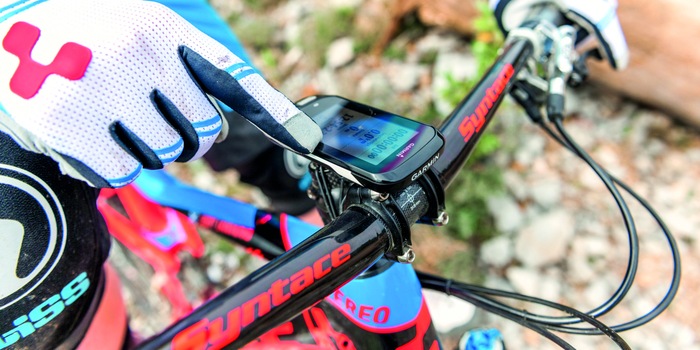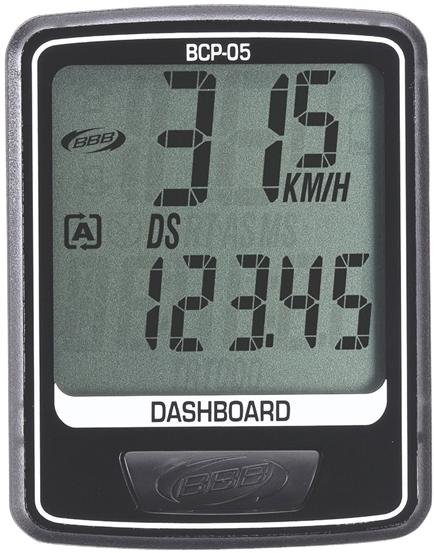

"Gion, which bike computer can you recommend?"
Recently, my sister-in-law Carole approached me: "I'd like to get your brother a bike computer. What can you recommend?" A good question indeed, as the choice is huge. Let me help you.
The bike computers vary in terms of functionality from very simple, wired models that show the current speed and kilometres ridden to state-of-the-art GPS multifunction devices with touchscreen and full navigation. I have summarised a few, in my opinion, important excerpts from a conversation with my sister-in-law Carole for you below.
Carole: How do the different computers differ? They range in price from a 20-franc note to models costing several hundred francs.
That's true, but you know that only the best is good enough for my brother :). But seriously: You can roughly divide the bike computers into 3 categories:
1. GPS computers with routing function (like car navigation)
These models allow navigation as known from car sat navs. Routable roads, cycle paths and trails can be shown on the large display using installed maps. When travelling along a route, turn-by-turn instructions are displayed with information on the remaining distance and time.
2. GPS computers without routing navigation
These computers offer countless functions that should satisfy even the most ambitious cyclist, as long as they don't expect route guidance and a touchscreen from their bike computer. Thanks to GPS, routes can be recorded and subsequently analysed on a PC. Often the first choice for ambitious racing cyclists!
3. classic computers with and without cables
Speed and distance are not measured via GPS, but instead via a magnet on the bike, as with normal speedometers. Data is transmitted via a cable or wirelessly by radio. Here are 2 models from this range:
Hmm, ok. He likes to follow other people's tours. And he always wants the "latest" and "best" anyway. So he probably needs GPS. What are the advantages and disadvantages?
Of course, if you're not so fit yourself, you need the best equipment. I feel the same way now. So the following speaks for and against GPS devices
Advantages
- Tours can be tracked (with the larger models like car navigation)
- Flexibility, as no sensors need to be fitted. Can be used on different wheels without adjusting the wheel diameter.
- Initial height does not have to be determined manually.
- Mostly have a larger display.
- Route and performance information can be better customised.
- Recording and evaluation of the route.
Disadvantages
- In contrast to GPS devices, normal bike computers work with batteries that last up to a year depending on the employees and not just 10 to a maximum of 20 hours like the rechargeable batteries in GPS devices.
- Mostly higher weight and size
- Short waiting time until the GPS device has found enough satellites
- Accuracy: At slow speeds (e.g. uphill), the speed determined by the sensors is more accurate than by GPS. However, a wheel sensor is available as an option with most GPS devices.
- More expensive
Cool, in this case one with GPS, which is route-capable. Is there anything else to consider for the gift?
You know my brother. Always up for a laugh. I would recommend this wrapping paper as a tip:
Or are you talking about a bike computer? A heart rate monitor could be interesting if he wants to do targeted endurance training. This is often already included in a bundle or can be purchased separately.
And my brother is a gamer. I could imagine that he would like a computer that has the Garmin Connect segment function. This allows him to compare his performance on route segments (e.g. from miles to the Pfannenstiel) in real time with his previous activities, pros or the entire Garmin Connect community. This will certainly motivate him and spur him on to better performances.





